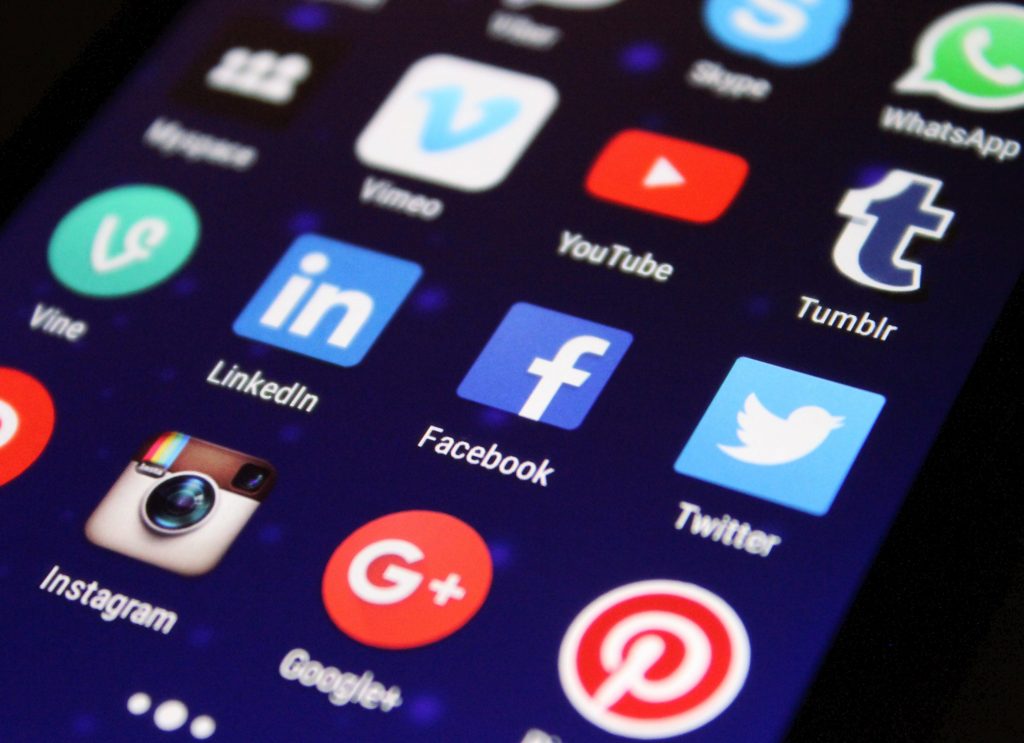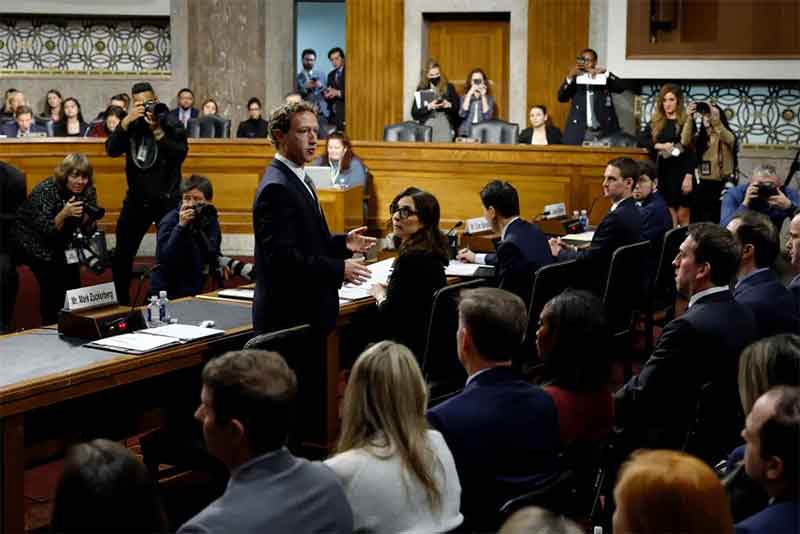
Words are a pretext. It is the inner bond that draws one person to another, not words.
‒ Rumi
Perhaps the truth is this: at the deepest level, human bonding is a conscious, unremitting labour of love, the soliloquy of a disjointed soul seeking its mirror amidst other equally flawed, unquantifiable souls. The firgun of connecting to a kindred soul, waiting solemnly to watch it bloom; the incessant joy of sharing what cannot be expressed, but only felt- perhaps that is what propels man to seek society. Man’s desire to immerse within the recesses of society is nothing but an affirmation of the untethered state of universal human existence, and its inability to bear the lightness of being. To undo this lightness, this void which negates existence, man strives, struggles, perseveres, and tethers himself- to people, places, and things. And it is in the exactitude of this moment of realisation, that human relationships are born.
Reality, in the post-truth world, is threadbare and unsolicited, smattered with ends drawn close, and let loose. In a fashion that is psychologically and spiritually depleting, reality is increasingly getting amalgamated with fantasy, owing to a social matrix heavily truncated by the advent of technology. Ours is a world where bonding, companionship, intimacy- in other words, the art of being social, is mired in the limited, and deceptively deep chasm of social media. No longer is the individual prized; his façade (or the profile, as the saying goes), is enough. Here lies an alternate universe which puts the epochal challenges of cultural and anthropological developments in human social interactions to shame. Here is the new utopia which claims to create connections in a fraction of seconds. In short, here is the new pathway to social annihilation.
Originally intended to be a networking tool for facilitating communication, social media, in its current avatar, has mutated into a vicious form of psychedelia, sapping the individual of his emotional as well as physical viability. It is a nauseating state of tyranny, where one thinks twice before radiating his true persona, because it is imperative to maintain a ‘likeable’ digital blueprint. The plenitude of superficiality is indeed staggering, not to mention deplorable, as our extended image is increasingly taken to be real, and connections are premised over this counter-reality. This virtual association, an ‘e-relationship’ of sorts, has disabled us from reaching out for the bigger picture, heightening the inactivity of the rational faculty invested in mankind.
In the pervasiveness of social media lies a certain fanaticism, a war cry akin to religion, for it requires the appropriation of its subjects into a dictum that questions less, and accepts more. The explosive potential of sensory overload, of information threatening to topple the threshold, of too many essences subjected to penury by their condensation into the span of a scroll- the apocalyptic advances of social media are infinite. It has deprived us from the luxury of not having an opinion about anything and everything under the sun, and forced us to warrant unrest even over subjects which do not, strictly speaking, merit discussion in a civil society. It is the imbalanced horizon of the cretin, the imbecile, the intellectual and the aesthete, each trying to ascertain his own purported agency, creating a plethora of voices where the good drowns the bad, and the bad drowns the good.
Since antiquity, man has found succour in the grandiose verbosity of relationships. There was no trite erudition or reticence about it; relations were maintained simply because one could derive a sense of comfort from the communion of two souls, because the lack of it was destructive to a sense of self-worth. Touch was considered healing, and words had an enormous sense of duty and optimism bestowed upon them. Human companionship was the ultimate gift one could aspire to get, and great battles were fought solely because of the power vested in these prized connections between individuals and communities.
Times have changed, and so has man’s capacity to value the gift of relationships and human bonding. It is easy to forge relations, and forget, than to actually go the through the hassle of building one and dismantling it. Our proximity to interpersonal relationships these days is directly proportional to the amount of messages lying in the coveted ‘inbox’ of multiple social media accounts. The seamless bleeding of the virtual domain into the heart of physical interactions is a vapid trend nowadays, and one cannot unlearn it, so deeply entrenched is it in our cultural exchanges. Linguistic and behavioural patterns have changed, and so has man’s natural ability to converse physically. The great richness and variety of conversations is lost in the pages of history. Sanguinity interspersed with impropriety, in a language abysmally shortened to sound hip (in other words, idiotic), is what we have resorted to. No wonder, it is difficult to hold engaging conversations these days, what with the perennial shortage of diction, and increasingly short spans of attention. And what happens, when communication fails? Relationship potential stagnates at ground zero.
An apocryphal tale talks about a Roman king playing the lyre, as Rome burnt to ashes. Perhaps history is repeating itself, after all. We are playing deaf to the ancient tune of human bonding, willing to rot in the pestilence of the virtual space. Social media is a mine of opportunities, but it has its failings; it cannot re-enact the timeless urgency of human bonding. The epitome of modern apocalypse, would be the ennui created by a man whetting his appetites for the fleeting pleasure of virtual relationships, at the cost of real intimacy. This then would be our undoing- the calamitous intent to withdraw from the essential, the physical, for a quagmire which devalues man’s emotional capacity.
The bond between souls is an ancient one, older than time itself. Let us take time to celebrate its beauty, for there is nothing more spectacular than the spark of genuine human communion.
Deblina Rout, a student of English Literature at Presidency University, Kolkata, West Bengal, India. Email address: [email protected]
Twitter handle: @deblina_rout )















































